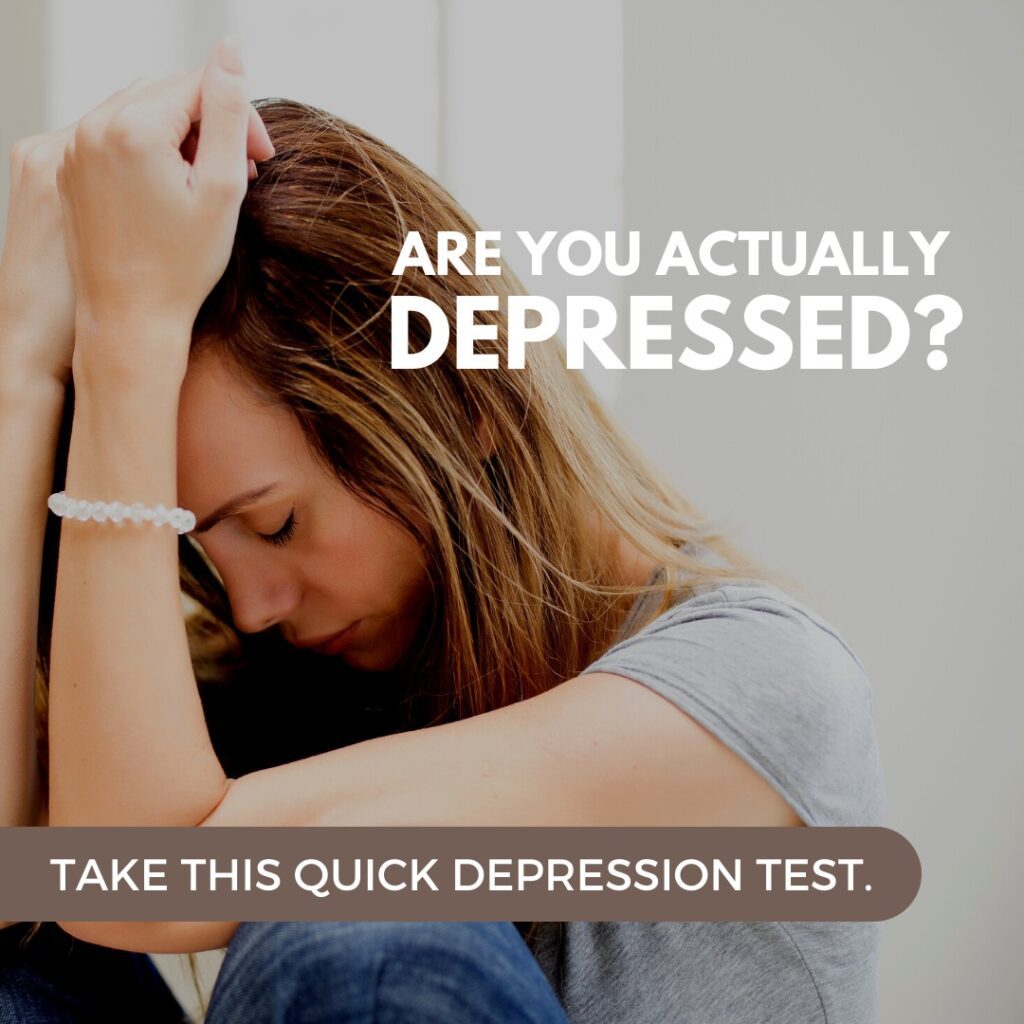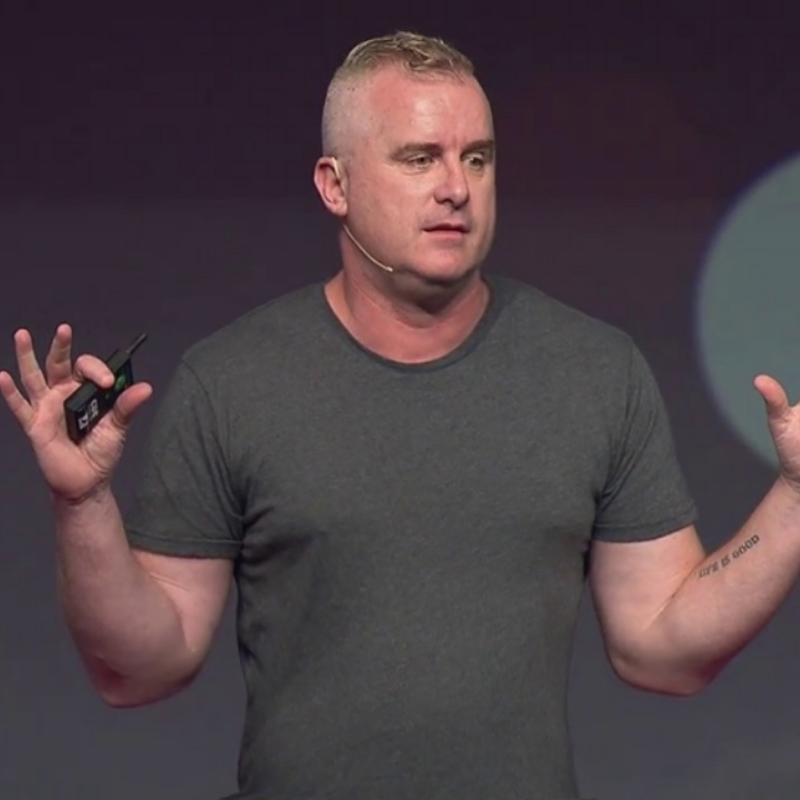Childhood trauma can have a profound and long-lasting impact on mental health.
In this blog post, I will explore the effects of childhood trauma on mental health, the long-term impact of childhood trauma, and the importance of seeking treatment.
What is Childhood Trauma?
Childhood trauma refers to experiences that are emotionally or physically distressing or life-threatening, which occur during childhood.
These experiences can include physical or sexual abuse, neglect, abandonment, witnessing domestic violence, and experiencing natural diseasters or other traumatic events.
Effects of Childhood Trauma on Mental Health
Childhood trauma can lead to a range of mental health issues, including depression, anxiety, post-traumatic stress disorder (PTSD), and substance abuse.
The effects of childhood trauma may not manifest immediately, and some people may not experience any symptoms until later in life.
Cognitive Function
Childhood trauma can impact cognitive function, including attention, concentration, and memory.
This can lead to difficulties in school and later in life.
Adults who experienced childhood trauma may also have trouble with decision-making and impulse control.
Physical Health
Childhood trauma can also affect physical health.
Children who experience trauma may have a weakened immune system, making them more susceptible to illnesses.
Childhood trauma has also been linked to a higher risk of chronic illnesses, such as heart disease and diabetes.
Mental Health
Childhood trauma can lead to a range of mental health issues, including depression, anxiety, PTSD, and substance abuse.
One study found that adults who experienced childhood trauma were at a higher risk of depression, anxiety, and PTSD.
Childhood trauma has also been linked to an increased risk of suicide, with individuals who experienced abuse or neglect during childhood being up to four times more likely to attempt suicide.
Long-Term Impact of Childhood Trauma
The impact of childhood trauma can be long-lasting, affecting cognitive function, physical health, and mental health.
The effects of childhood trauma can be cumulative, meaning that the more traumatic experiences a person has, the greater the impact on their mental and physical health.
Adverse Childhood Experiences (ACEs) Study
The Adverse Childhood Experiences (ACEs) study is one of the most comprehensive studies on the impact of childhood trauma on mental health.
The study found that individuals who experienced more ACEs were more likely to have a range of mental health issues, as well as physical health issues.
The study also found that the effects of childhood trauma can be cumulative, meaning that the more ACEs a person experiences, the greater the impact on their physical and mental health.
Treatment
It is essential to seek treatment if you or someone you know has experienced childhood trauma.
Seeking treatment can help individuals learn to cope with the effects of trauma and develop healthy coping strategies.
Cognitive-Behavioural Therapy (CBT) can also be helpful in treating the symptoms of depression, anxiety, and PTSD.
Medication
In some cases, medication may be helpful in treating mental health issues associated with childhood trauma.
Antidepressants and anti-anxiety medication may be prescribed to help manage symptoms.
Self-Care
Self-care is an essential aspect of recovery from childhood trauma.
It is essential to take care of your physical and emotional well-being by getting enough sleep, eating a healthy diet, exercising regularly, and engaging in activities that bring you joy.
Conclusion
Childhood trauma can have a long-lasting impact on mental health, affecting cognitive function, physical health, and mental health.
Seeking treatment is essential for individuals who have experienced childhood trauma.
















